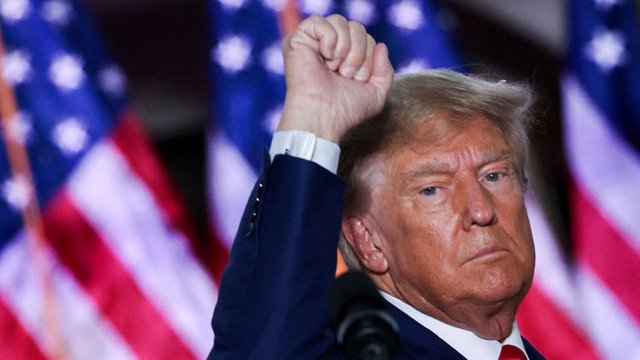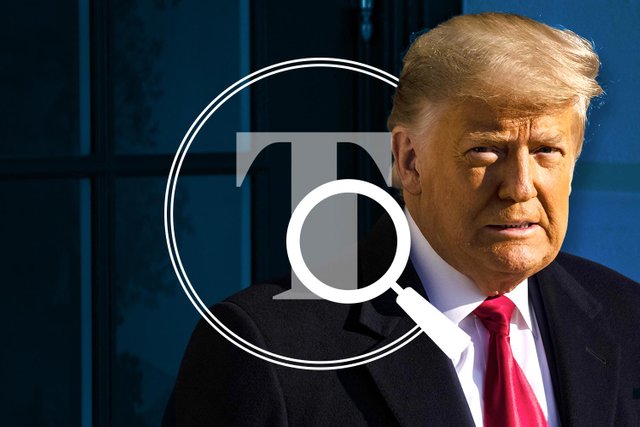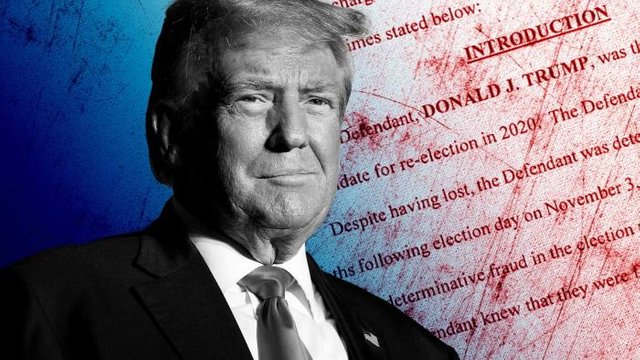

The essence of the 2024 election goes beyond inflation, "wokeness," and border issues. It revolves around the core principles of American democracy: the peaceful transfer of power, the independence of the justice system, the significance of political free speech, and the principle that everyone is subject to the law.
The indictment of ex-President Donald Trump on charges of plotting to subvert the 2020 election guarantees that a federal jury will decide whether he will face consequences for his extensive, prolonged, and unprecedented efforts to invalidate the American people's vote and retain his position of power.
The ultimate decision lies with tens of millions of voters who may deliver the final verdict. Throughout the past months, Trump has blended his legal defenses with his electoral claims as prosecutors pursued criminal charges against him in various regions. He has urged Republicans to support him as a sign of opposition to the prosecutors. Trump has also made it evident that if he regains the presidency, he will use his authority to halt ongoing prosecutions and guarantee his personal freedom.
According to a recent New York Times/Siena College poll, Donald Trump holds a significant lead over all his Republican rivals combined. In a hypothetical head-to-head matchup, he is ahead of Gov. Ron DeSantis of Florida by a 2-1 margin. Interestingly, despite being a well-known criminal defendant, Trump is in a close competition with President Joe Biden among general election voters.

Around 17% of Trump's supporters, who prefer him over Biden, still back him despite believing that he may have committed serious federal crimes or threatened democracy after the 2020 election.

The prevailing stance among Republicans is that the charges against Trump are politically motivated, seen as a vendetta rather than a legitimate legal pursuit.